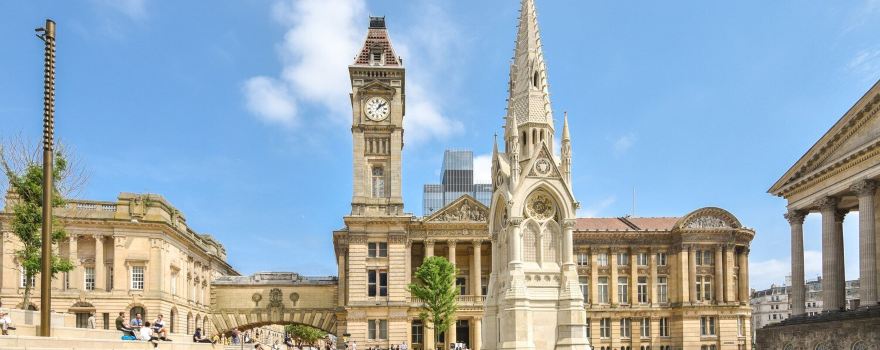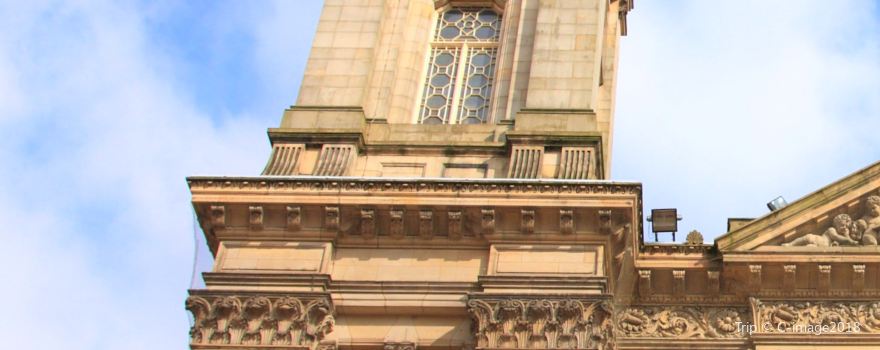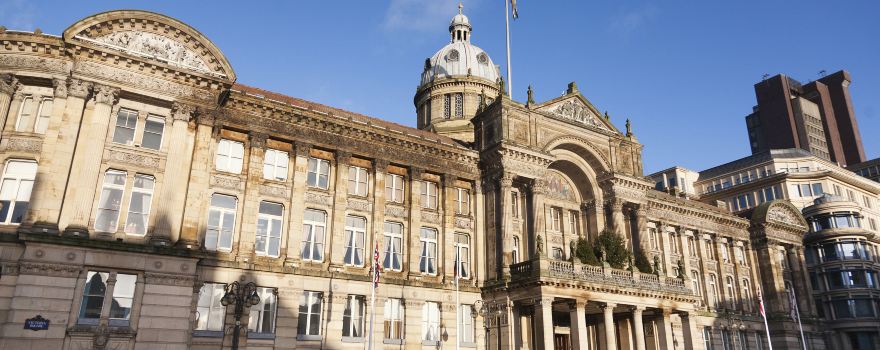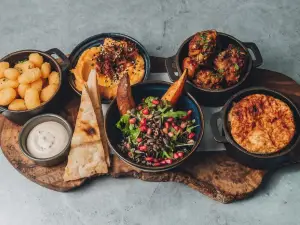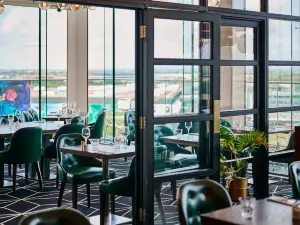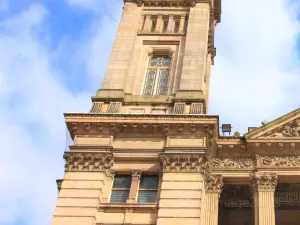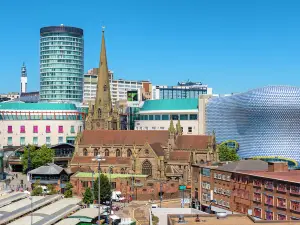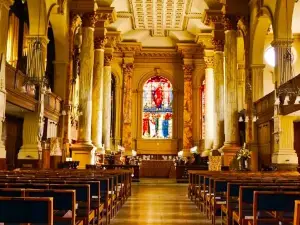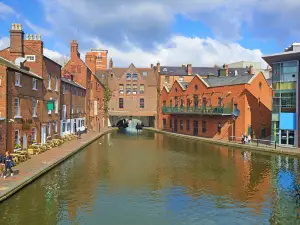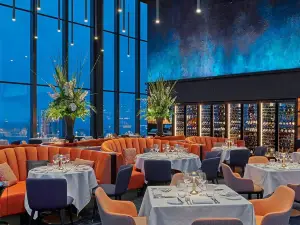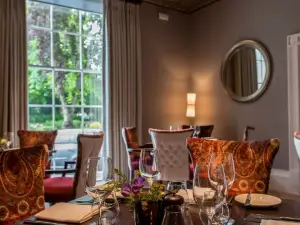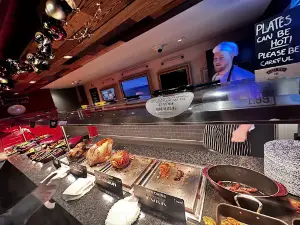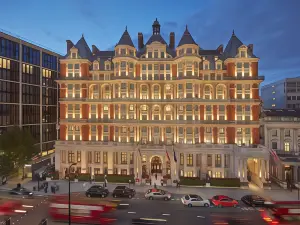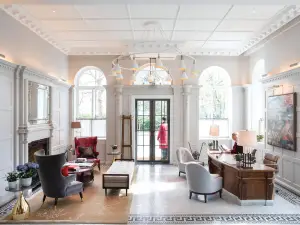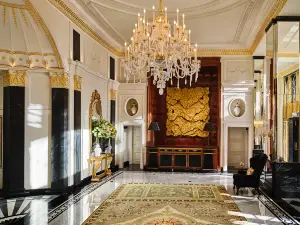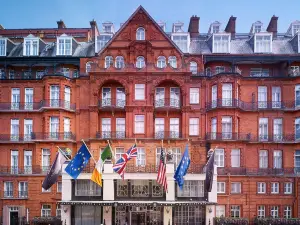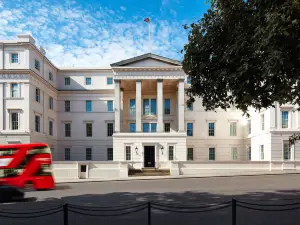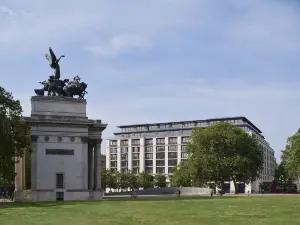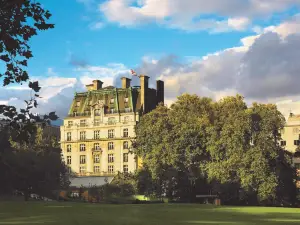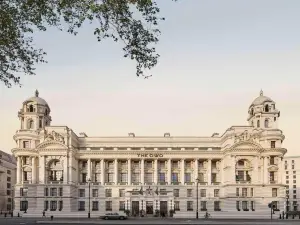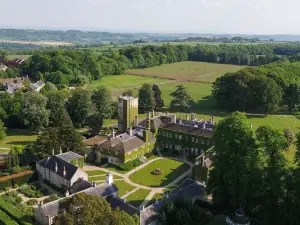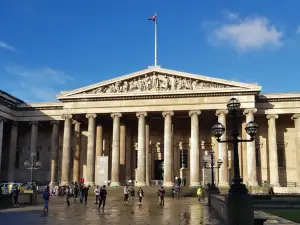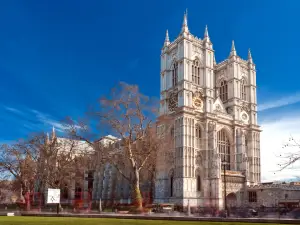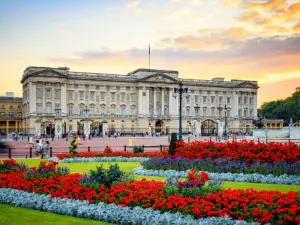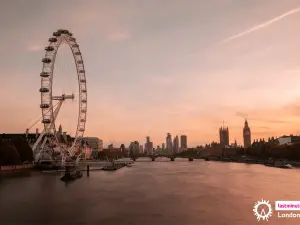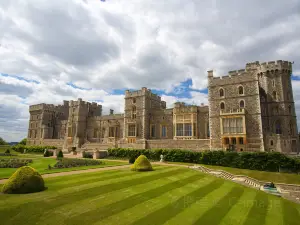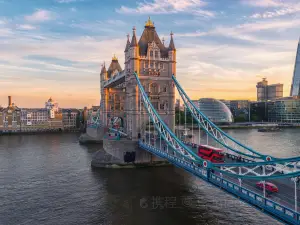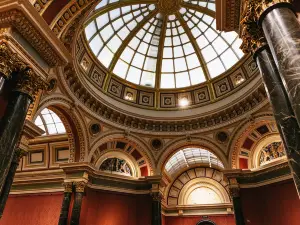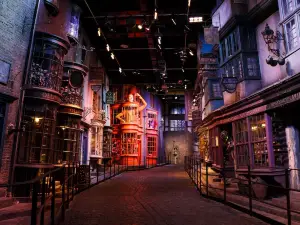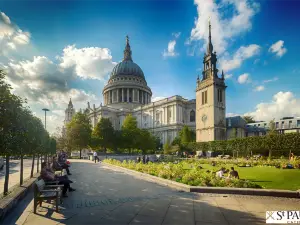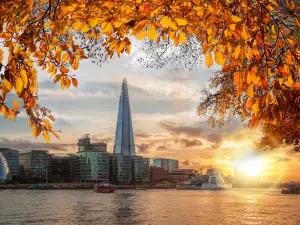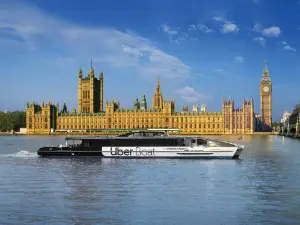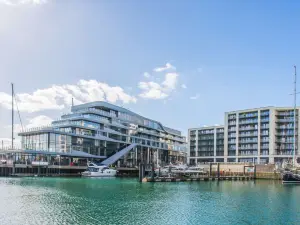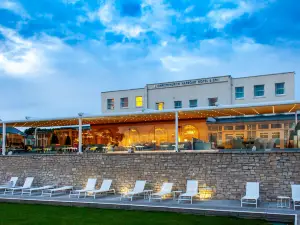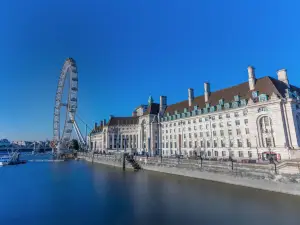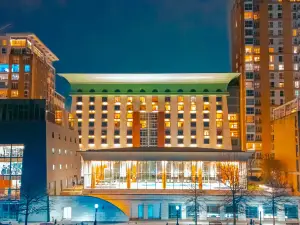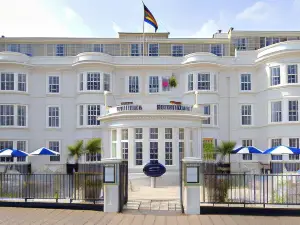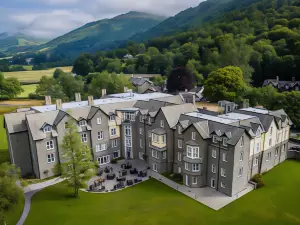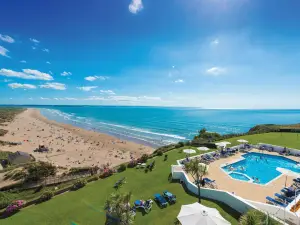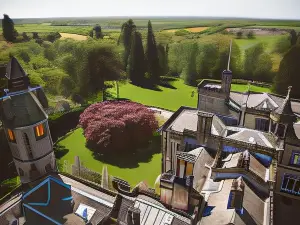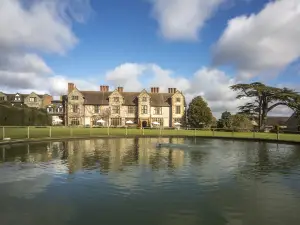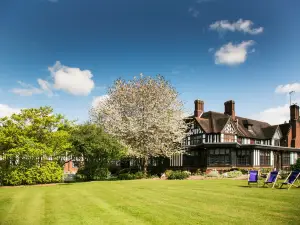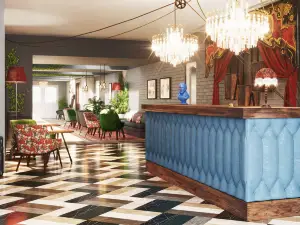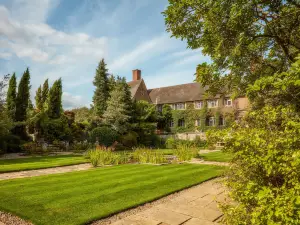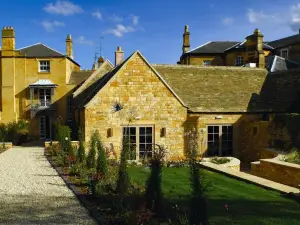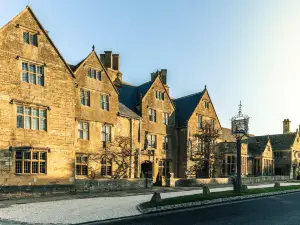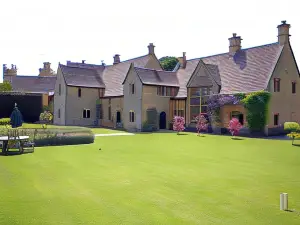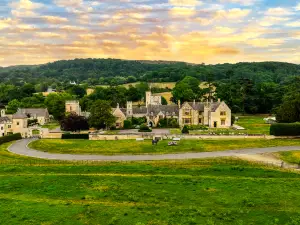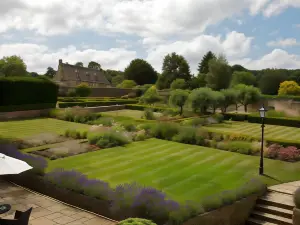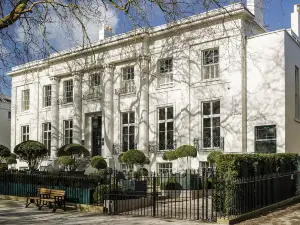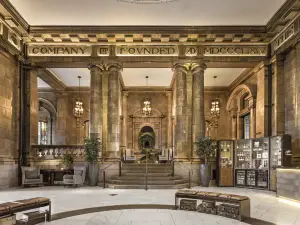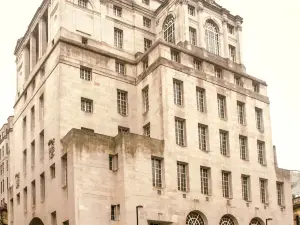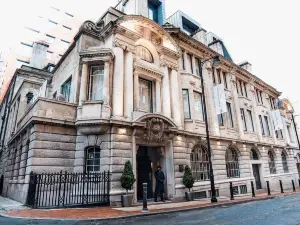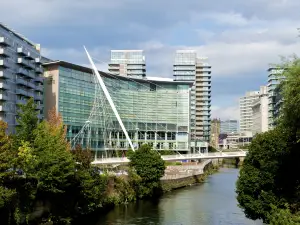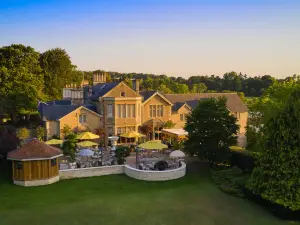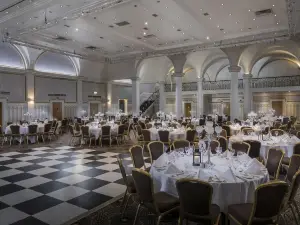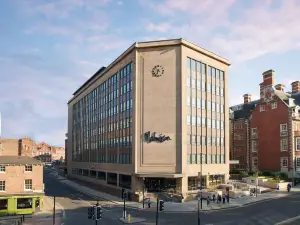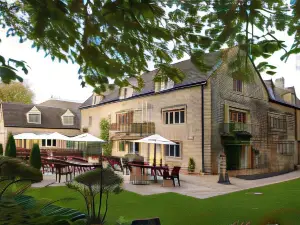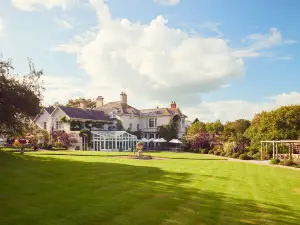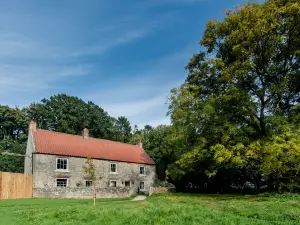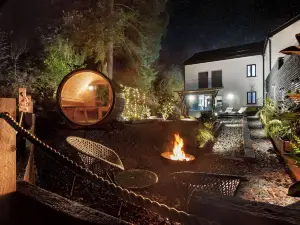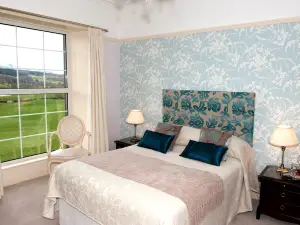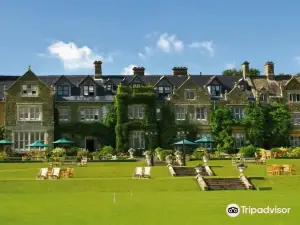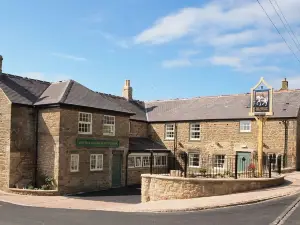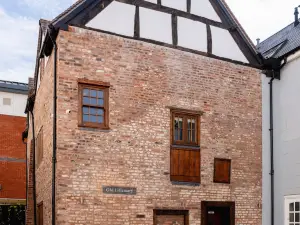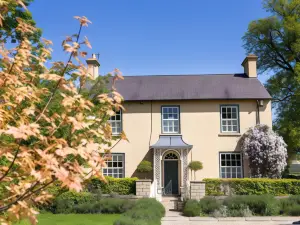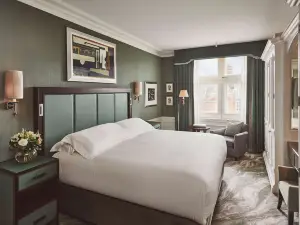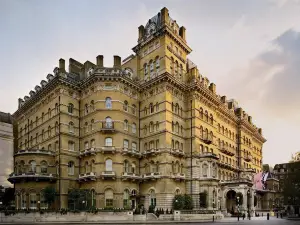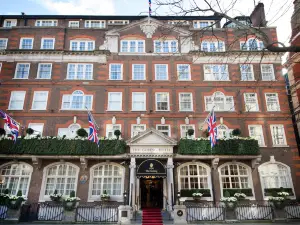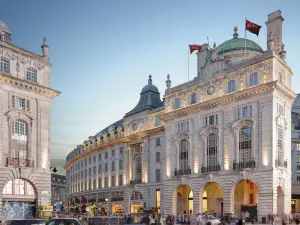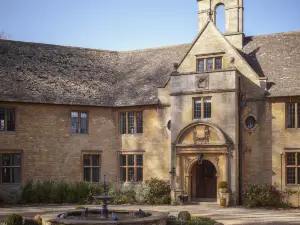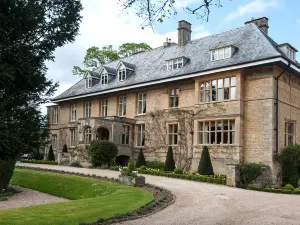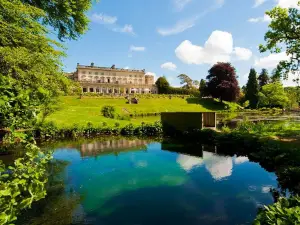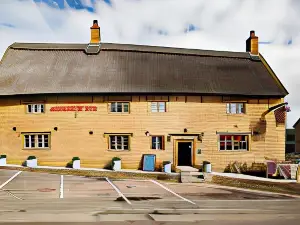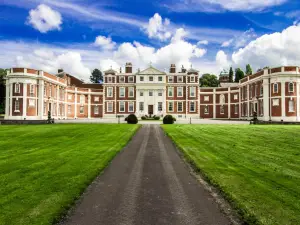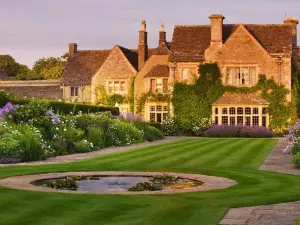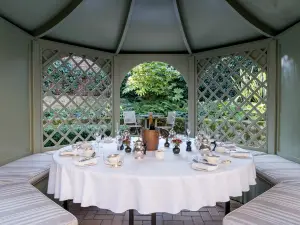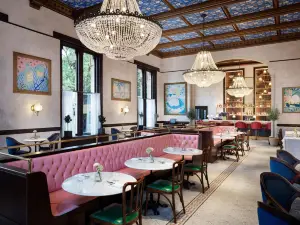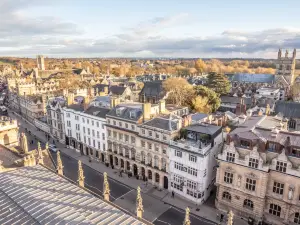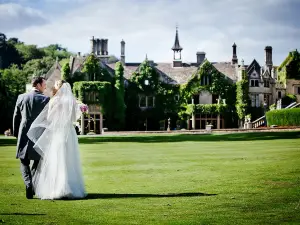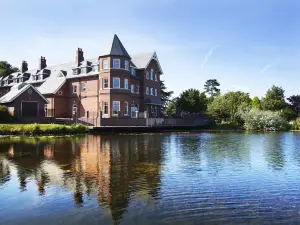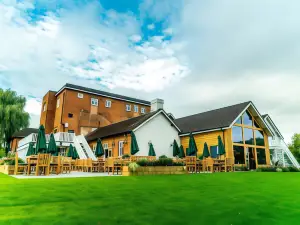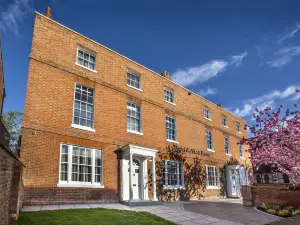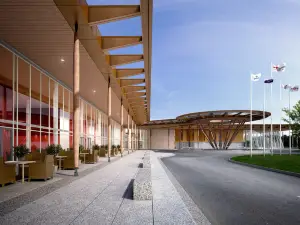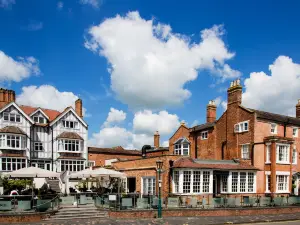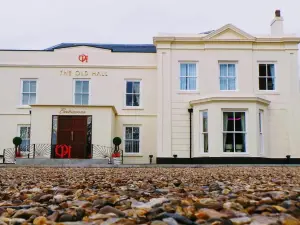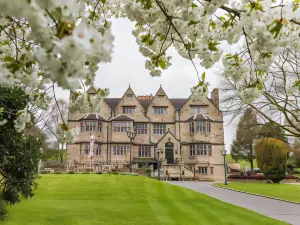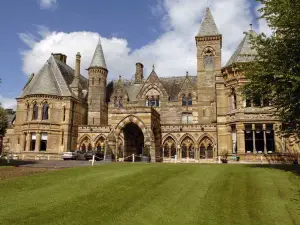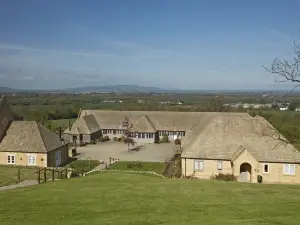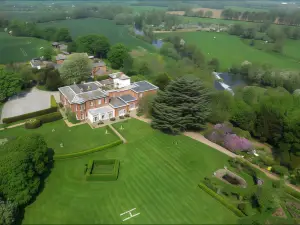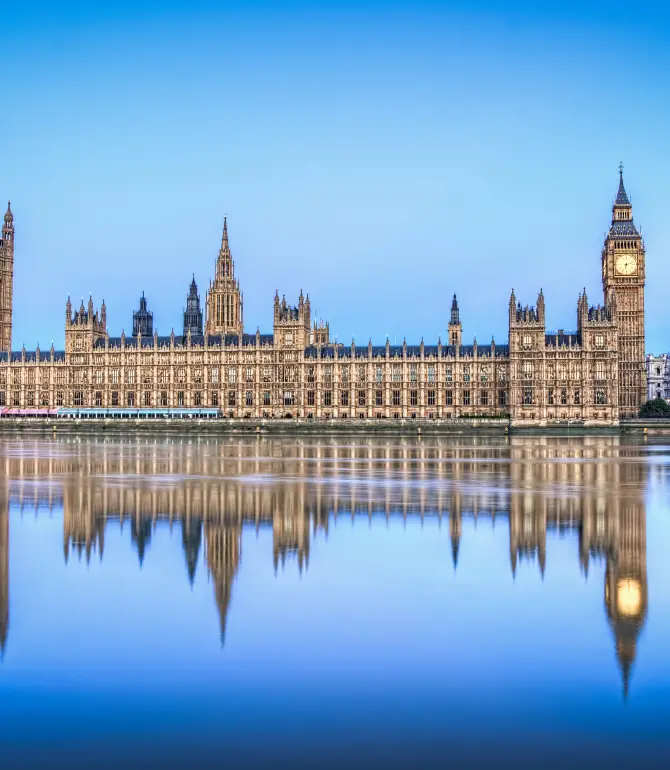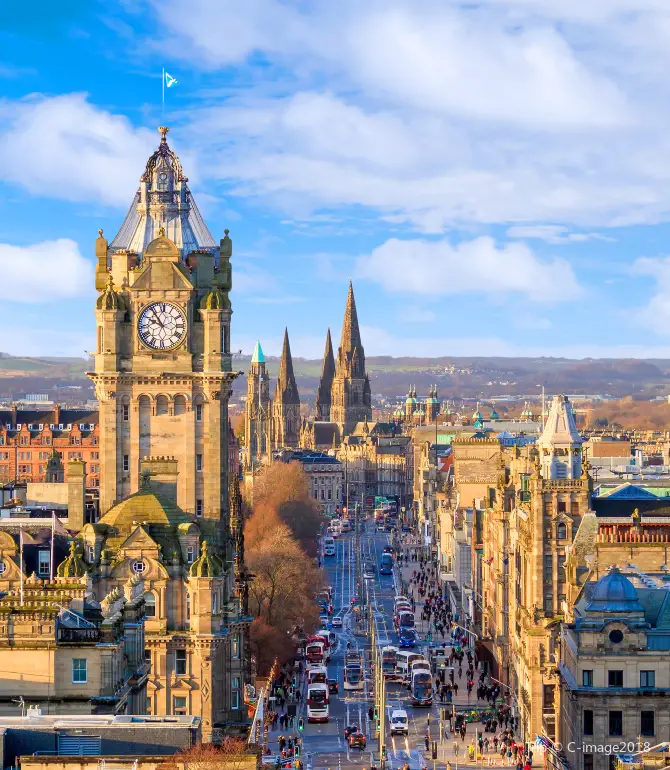Things to Do in Birmingham in 2025 - Top Attractions, Local Food, Hotels & Travel Tips (Updated July 2025) | Trip.com
About Birmingham
Recommended trip: 1–3 day(s)
Recommended trip: 1–3 day(s)Current Weather Conditions
Birmingham Local Experiences Map

Trending in Birmingham
Birmingham Local Travel Guide 2025
Birmingham Brief Guide
Birmingham, or "Brum" as it's known in local parlance, is England's second-largest city and one of its most interesting and contradictory. The home of HP Sauce and band Black Sabbath, Brum also has a notable industrial past. The Lunar Society, a group of scientists and intellectuals at the forefront of the Industrial Revolution and included Charles Darwin's grandfather, invented the original factory and created gas lighting, among other achievements. Birmingham was heavily bombed in the Second World War, and today has been rebuilt with a folk twist. A branch of the Royal Ballet has set up shop, and the City of Birmingham Symphony Orchestra has a lavish modern concert hall. While not known for its spectacular monuments, this West Midlands city has some high-quality art galleries, like the collection of pre-Raphaelite work at the Barber Institute of Fine Arts. Walking along the canals from Brindleyplace to the Mailbox, indulging in great shopping, or checking out the Cadbury chocolate factory, are three more attractions. Brum is alive and well after dark, with some of Britain's best clubbing lots of live music venues, and wonderful restaurants in the Balti Triangle. The city center has a good selection of reasonably priced hotels and luxury options, as well as friendly hostels.
Birmingham Must-try Local Experiences
1. Explore the Birmingham Museum and Art Gallery Discover Birmingham's history and art at the Birmingham Museum and Art Gallery, featuring Pre-Raphaelite paintings, ancient artifacts, and contemporary art. 2. Stroll Through the Birmingham Botanical Gardens Enjoy the beauty of nature at the Birmingham Botanical Gardens with 15 acres of landscapes, exotic plants, and tranquil glasshouses. 3. Enjoy a Canal Boat Tour Take a canal boat tour in Birmingham to explore the city's waterways, historic sites, and picturesque views. 4. Experience Cadbury World Visit Cadbury World to learn about the history of chocolate, see how it's made, and enjoy delicious samples. 5. Attend a Performance at the Birmingham Hippodrome Watch a world-class performance at the Birmingham Hippodrome, featuring ballet, opera, musicals, and drama. 6. Sample Local Cuisine Indulge in Birmingham's culinary scene, from traditional British dishes to the famous Balti curry.
Birmingham Must-see Attractions
Birmingham is a diverse and culturally rich city, home to the vibrant Chinese Quarter with its iconic pagoda, the architecturally striking Library of Birmingham, the deliciously interactive Cadbury World, the historic and eventful Victoria Square, and the legendary Villa Park football stadium, each contributing to the city's unique character and appeal.
Birmingham Food Guide
Birmingham's food scene is marked by a blend of traditional British cuisine and multicultural influences, as showcased in dishes like the Birmingham Balti, Full English Breakfast, uniquely crispy pork scratchings, and diverse afternoon tea offerings.
Birmingham Transportation
Birmingham's transportation infrastructure is well-developed, with Birmingham Airport and the city's main railway stations being key to its connectivity. Birmingham Airport (BHX) is the primary airport serving the region, located approximately 13 kilometers east-southeast of the city center. It offers a wide range of domestic and international flights, making it an important gateway for travelers. To reach the city from Birmingham Airport, passengers can take the train from Birmingham International Railway Station, which is connected to the airport, with frequent services to Birmingham New Street station. Birmingham New Street Station is the central hub of the city's rail network and one of the busiest in the United Kingdom. It provides extensive connections to destinations across the country, including direct routes to major cities such as London, Glasgow, and Edinburgh. The station is well-equipped with facilities and is integrated with local transport options, including buses and the Metro tram network. For those arriving by train, the station's central location offers easy access to the city center.
Birmingham Where to Stay
Birmingham is a city with a rich industrial heritage, and its accommodation options are spread across various vibrant districts, each offering unique experiences for travelers.
Birmingham Best Time To Visit
The best time to visit Birmingham is during the spring months of April through June when the weather is most favorable. This period offers a pleasant climate suitable for exploring the city's numerous attractions, such as parks and museums. Additionally, September and October are ideal for those who prefer to avoid crowds, as the city experiences less tourist activity. These months allow for a more relaxed visit, with mild weather and the opportunity to engage in outdoor activities without the peak season rush.
Birmingham Travel Tips
1. Attention to Attraction Closing Times: Many attractions, including museums and galleries, have specific closing days. For instance, the Birmingham Museum and Art Gallery is usually closed on Mondays and Tuesday, and the Birmingham Civil Rights Institute is closed on Sundays and Mondays. Always check the opening hours before planning your visit. 2. Stay Alert in Crowded Areas: Pickpocketing can occur in crowded places like shopping centers and public transport. Keep your belongings secure and be vigilant, especially in areas like the Bullring and New Street Station. Avoid carrying large sums of cash and always keep your personal items within sight. Use public transport or well-lit pavements at night and let friends know your whereabouts if returning late. 3. Drone Photography Regulations in Birmingham: Drone photography is regulated in Birmingham. Ensure you have the necessary permissions and follow the Civil Aviation Authority (CAA) guidelines. When your drone has a maximum takeoff weight of 250 grams or more, you will also need to obtain a FlyerID to meet compliance requirements for local takeoffs. 4. Dress for Changeable Weather: Birmingham's weather can be unpredictable. Pack layers and always carry a light raincoat or umbrella, even in summer, to be prepared for sudden changes in weather. 5. Save with Attraction Passes: Consider purchasing attraction passes like the Birmingham Pass, which offers discounts on multiple attractions. This can be a cost-effective way to explore the city’s highlights.
Birmingham Useful Guide
The official language in Birmingham is English, widely spoken across the city. Travelers can find translation services and language apps to help navigate communication barriers. Birmingham's multicultural population contributes to a variety of languages being spoken, including Spanish, French, and Arabic. When facing language difficulties, using maps, gestures, and facial expressions can be effective communication strategies. Brummie slang also adds local color to the English language, with unique expressions and terms.
Trip.Best: Birmingham
Things to do in Birmingham
What to Do
National SEA LIFE Centre Birmingham
Victoria Square, Birmingham
Chinese Quarter
St. Martin’s Church, Birmingham
Library of Birmingham
National Exhibition Centre
Where to Stay
What to Eat
Hall Green Toby Carvery
Birmingham Moments: Through Travelers' Eyes

A day in Birmingham

A City of Surprises in the Heart of England

Birmingham

| A luxurious retreat in Birmingham

🏙 Birmingham: A Day in the City of Canals, Culture, and Creativity 🚲🇬🇧

Victoria Square is beautiful in Birmingham✨😍

Discover Bournville: Birmingham's Hidden Gem 🌳🏡

🎥✨ Birmingham: The City You Didn’t Know You’d Love 🇬🇧
Best of Birmingham
Site Operator: Trip.com Travel Singapore Pte. Ltd.
